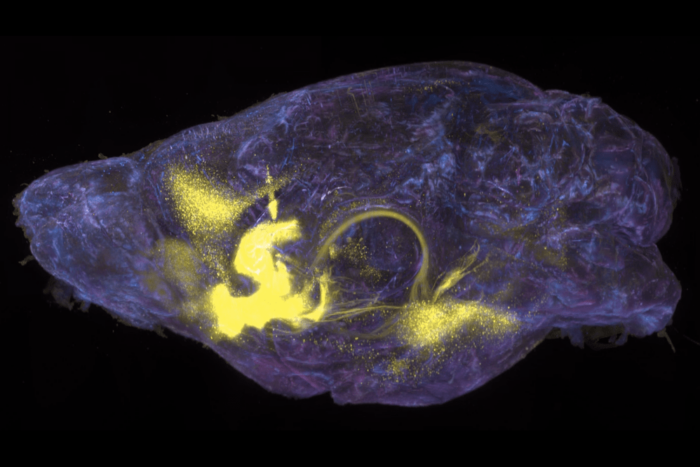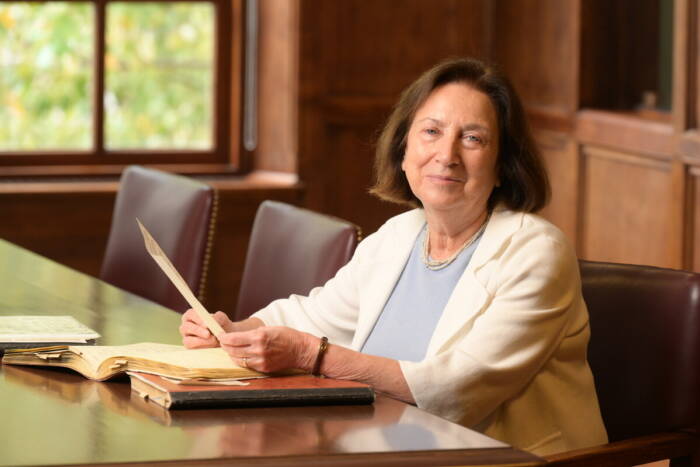Michel C. Nussenzweig elected to National Academy of Sciences
Immunologist Michel C. Nussenzweig, head of Rockefeller University’s Laboratory of Molecular Immunology, has been elected to the National Academy of Sciences. Announced today at the institute’s annual meeting in Washington, D.C., Nussenzweig is among 72 new members and 18 foreign associates elected from 15 countries this year.
“Michel has made seminal contributions to our understanding of the molecular mechanisms underlying adaptive and innate immunity,” says Marc Tessier-Lavigne, president of The Rockefeller University. “His research has the potential to lead to improved therapies and vaccines for diseases such as HIV/AIDS, malaria and cancer.”
improved therapies and vaccines for diseases such as HIV/AIDS, malaria and cancer.”
Nussenzweig, who is Sherman Fairchild Professor at Rockefeller and a Howard Hughes Medical Institute (HHMI) investigator, combines a variety of techniques from biochemistry and molecular biology with gene targeting and transgenic technologies to get an atomic-level look at the workings of the immune system. His research on adaptive immunity — the part of the system that adapts to new pathogens and primes the body against future encounters with them — focuses on B lymphocytes and antibodies; his work on innate immunity — which defends the body against all pathogens generically — focuses on dendritic cells, the sentinels of the immune system, discovered at Rockefeller in 1973. Nussenzweig has provided important insights into how autoimmune diseases develop and has developed methods that target specific antigens to dendritic cells, which may lead to both vaccines against pathogens and treatments for autoimmunity.
Nussenzweig obtained his Ph.D. working with Ralph M. Steinman at Rockefeller University and an M.D. from New York University School of Medicine. He completed clinical training at Massachusetts General Hospital and postdoctoral training in the lab of Philip Leder in the genetics department of Harvard Medical School. He returned to Rockefeller as assistant professor in 1990 and became associate professor in 1994 and professor and senior physician of The Rockefeller University Hospital in 1996. He has been an HHMI investigator since 1999.
Nussenzweig is the recipient of numerous other awards, including a Lee C. Howley Sr. Prize for Arthritis Research, an American Association of Immunologists-Huang Foundation Meritorious Career Award and a Solomon A. Berson Alumni Achievement Award for Basic Science from New York University. He is a member of the Institute of Medicine, the American Academy of Arts and Sciences and the American Society of Clinical Investigators.
The Rockefeller faculty now includes 37 members or foreign associates of the National Academy of Sciences, an organization of scientists and engineers dedicated to the furtherance of science and its use for the general welfare. Election to membership in the academy recognizes distinguished and continuing achievements in original research. The academy was established in 1863 by a congressional act of incorporation signed by President Abraham Lincoln that calls on the academy to act as an official adviser to the federal government in matters of science and technology. With today’s election, the academy includes a total of 2,113 members and 418 foreign associates.


